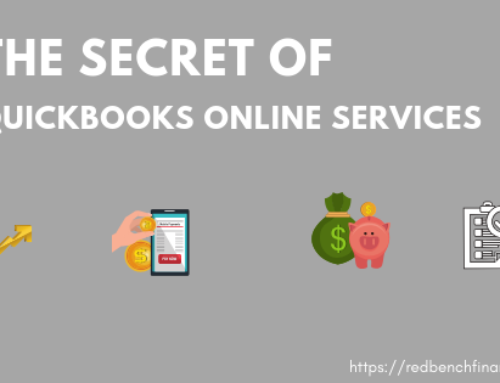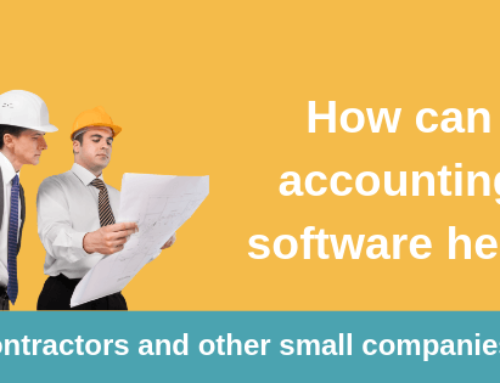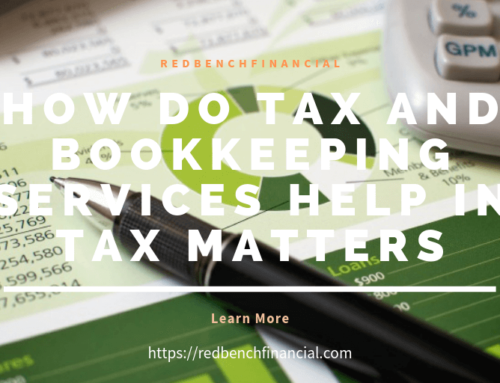
Stay up to date with the latest news and legislation about sales tax. Here are the basics.
Nexus
A nexus is when a company maintains a permanent or temporary presence within a particular state. If your business is headquartered in Chicago, for example, you would need to collect sales tax from customers in the state of Illinois. This is called a substantial nexus.
You might also have a nexus in states where your company has a smaller presence — like a store, satellite office or warehouse. Each state follows its own specific definition of what constitutes a substantial nexus and your best resource to identify yours is your state’s revenue office.
If you participate in Amazon’s Fulfillment by Amazon (FBA) program, which allows businesses to store merchandise in Amazon’s fulfillment centers around the country, you have a nexus in many states. Items sold by Amazon to customers in these states are subject to state sales tax.
State Taxes
In any state where you have a substantial nexus, your sales to customers are subject to the specific tax laws of that state. Some states have laws called “Amazon laws” or “Amazon tax laws,” expanding the definition of “substantial nexus” to require large e-commerce retailers to collect state sales taxes even if they don’t maintain a physical presence in that state. Nolo.com provides a convenient online index of laws applicable to all 50 states.
Federal Taxes
There is no special federal tax for internet sales. Your revenue from internet sales should be reported as part of the overall revenue from your business.
Notable Legislation and Penalties
The Marketplace Fairness Act of 2013 gives states the authority to require remote sellers — online and catalog retailers, for example — to collect sales tax regardless of where they are physically located.
Laws require consumers in 45 states to pay sales tax on all purchases — internet and elsewhere. But online retailers aren’t required to collect taxes in the same way local business are required to. The Marketplace Fairness Act empowers states to enforce tax laws already in place, and encourages states to simplify their tax laws to make multi-state tax collection easier. Retailers generating less than $1 million in annual remote gross sales are exempt.
Both businesses and consumers can be audited and charged with penalties for failing to pay sales and use taxes on items purchased over the internet. Penalties can include fines and jail time depending on state law. You can also face penalties for fraud if you collect state taxes without first obtaining a sales tax permit.
As laws adapt, there may be a time when states cannot require individuals and businesses to adhere to its tax collection requirements. This would stop or alter Amazon taxes and nexus expansion laws, and bring the focus back to the physical presence (substantial nexus).
Online Sales Tax Calculators
To simplify state tax calculations for businesses and consumers, use a calculator.
Calculator.net provides a tool where you can calculate sales tax by entering a price before taxes and a tax rate. This will give you a final price including taxes. An accompanying chart offers a list of general state sales taxes along with maximum tax rates that may apply to local and city sales taxes in specific areas.
State revenue department tax tools and calculators also include sales time frame and zip code selection options to help you calculate taxes precisely for a specific sales quarter. Some tools use geolocation by address rather than zip codes, which is more accurate for local taxes.
Consult your tax advisor or state revenue department with questions about applying calculator tools for your specific state.
Many shopping cart solutions will now calculate tax rates automatically based on customer location. Integrating shopping cart solutions with accounting software and tax preparation tools can further streamline the process.
Online Sales Tax Best Practices
To comply with the tax laws of your state and other states where you do business, knowing where you have nexus is the first step. Make sure you stay up-to-date on applicable state laws regarding which products and services are taxable where you do business; typically, tangible goods are subject to tax, but many intangible services may also be subject to tax in specific areas.
Some best practices include:
- Use a good tax calculator to calculate your sales tax obligations.
- Collect exemption certificates from anyone you sell to who is exempt from sales tax.
- Know which state remittance forms you must use to remit sales taxes and what deadlines you must meet.
- Keep transaction records and exemption certificates so that you are prepared in the event of an audit.
- Use automation and outsourcing to streamline your tax collection and filing processes.
The world of sales and use taxes involves careful attention to compliance. Stay legal, use calculator tools for accuracy and adapt to changes as they’re passed through legislation.
CONTACT US
Interested in trying Xero Cloud Accounting or Quickbooks? Have questions on a Quickbooks to Xero Conversion? Want to learn more about our Services?
Here at The Red Bench we work to make your bookkeeping tasks, whether personal or small business in nature, simple and convenient. Working remotely helps us keep your bookkeeping costs affordable. We are happy to be your full time virtual bookkeeper. We keep costs low and provide peace of mind. Contact us today to learn more about our bookkeeping services.
Mailing Address: PO Box 678
Wenatchee WA 98807
Sales & Inquiries: 1.509.423.7172
Support: 1.509.423.7179
Email: info@redbenchfinancial.com








